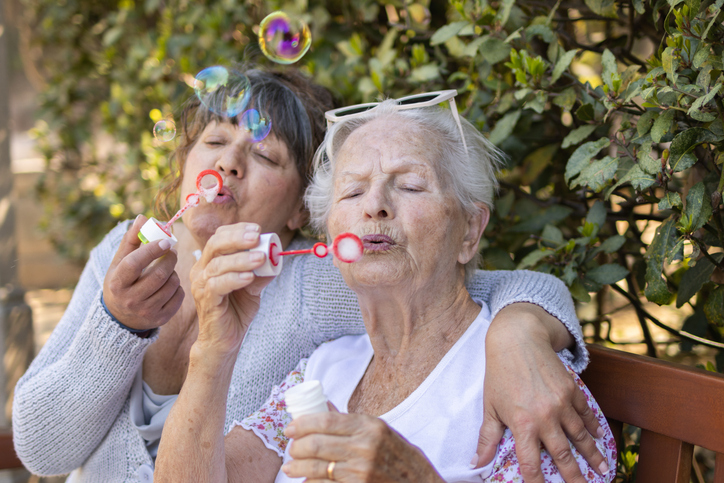Aging well isn’t just about the years we add to life – it’s about the life we add to our years. Yet, recent research reveals a surprising gender gap in confidence about longevity. While women, on average, live longer than men, it’s men who express greater confidence in their ability to control the aging process. This disparity sheds light on societal attitudes, the influence of wellness trends, and the role of self-care in aging.
Men’s Confidence vs. Women’s Realism
A survey from strategy consultant Thursday Strategy found that 58% of men believe they have control over what their later years will look like, compared to only 48% of women. Even though women outlive men by an average of five years, more men than women expect to reach 100. Younger generations reflect an even starker contrast, with 63% of Gen Z and millennial men believing life spans will increase in their lifetime, compared to just over 40% of women in the same age groups.
What’s behind this confidence gap? Experts suggest that men are more engaged in the longevity movement, turning to biohacking, podcasts and supplements in an attempt to extend their health spans. Influencers like Dr. Andrew Huberman and Bryan Johnson promote rigorous routines aimed at optimizing aging – practices that have gained a strong following among men.
On the other hand, women’s lower confidence may stem from a long history of underrepresentation in medical research and a deep-seated distrust in healthcare institutions. Additionally, women are more likely to be caregivers, giving them firsthand exposure to the challenges of aging, which may foster a more realistic – rather than optimistic – view.
Baby Boomers and the Self-Care Economy
While men may be at the forefront of the longevity conversation, baby boomers – especially women – are driving the self-care economy. According to a Bank of America report, boomers’ spending on beauty salons and specialty beauty stores has outpaced that of younger generations, reflecting their investment in looking and feeling good.
This increased spending on self-care aligns with a growing awareness that lifestyle habits – such as reducing stress, maintaining mental health, and engaging in physical activity – can significantly impact aging. From longevity tourism to wellness retreats, boomers are fueling an industry focused on optimizing aging in ways that extend beyond traditional healthcare.
Small Habits, Big Impact
Despite the gender disparities in confidence about aging, both men and women benefit from longevity-linked habits. As Dr. Peter Attia, author of Outlive: The Science and Art of Longevity, emphasizes, “People have so much more agency over this than they will ever believe if they don’t take the step to educate themselves on it.”
Exercise, nutrition, and emotional well-being play a critical role in aging well. Attia advocates for “rucking” – walking with a weighted backpack – to build strength and stability, reducing fall risk later in life. Additionally, prioritizing meaningful connections, engaging in new hobbies, and spending time outdoors all contribute to a longer, healthier life.
The Takeaway
Longevity isn’t just about adding years – it’s about making those years count. While men may be more vocal in their pursuit of aging well, women are leading in silent but significant ways. By prioritizing self-care, advocating for better healthcare representation and adopting simple, effective habits, everyone – regardless of gender – can take charge of their health and future.






Add Your Voice
0 Comments
Join the Discussion